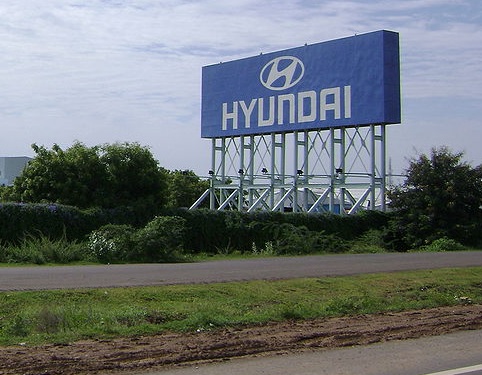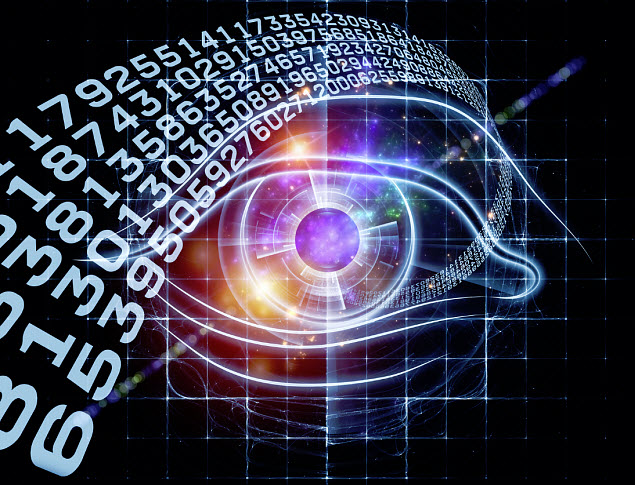This has made the company the first among mainstream automakers to launch an AR technology based guide.
Hyundai has recently announced that before the close of the year, it will become the first among the mainstream automakers to launch mobile app that provides augmented reality features to its owner’s manual.
The Hyundai Virtual Guide mobile app is the automaker’s strategy for bringing its owner’s manual to today’s consumer.
This augmented reality mobile app has been created to convert the traditional vehicle owner’s manual into one that can be enhanced through the use of a smartphone or tablet. The app will provide owners with additional how-to information for properly maintaining their vehicles, about common types of repairs and to help drivers to better understand the features of their cars. To start, the application will be compatible with only one Hyundai model, but over time it will be launched to function with other models as well.
At the start, the augmented reality features will work with the 2015 Hyundai Sonata user manual.
 There are already 45 major features of the 2015 Sonata that can be recognized by the Virtual Guide mobile app. This is a free application and can be downloaded by iOS and Android based device users from the Apple App Store and from Google Play.
There are already 45 major features of the 2015 Sonata that can be recognized by the Virtual Guide mobile app. This is a free application and can be downloaded by iOS and Android based device users from the Apple App Store and from Google Play.
Hyundai decided on the features that it would spotlight with the AR technology through the application of the results of a quality consumer survey. It focused in on the features that were considered to be the most difficult to use so they would be worked into the Virtual Guide for added user support. The hope is that through the additional descriptive abilities of AR technology, it will be easier for vehicle owners to understand their features and will be able to use them more effectively.
The augmented reality app is also made up of 82 different how-to videos, as well as six 3D overlay images that can be viewed overtop of the real-life image of their actual vehicle when the parts of the car are scanned with the smartphone or tablet camera. Among the areas that can be scanned are the dash and engine bay. The application currently provides over 50 info guides.
The startup is currently driving forward at a rapid rate and intends to be huge in the not-too-distant future.
Magic Leap, a company that has already managed to raise about half a billion dollars from some massive tech giant investors have been working on secret technology for years now and it now looks as though augmented reality is going to be a central component to its future.
Its own version of computing over mixed reality is causing them to prepare for millions of gadgets.
The company, which has even received investment dollars from Google, is “gearing up to build millions of things,” said its president and CEO, Rony Abovitz. It is currently running part of its operations in Florida out of an abandoned Motorola factory and Abovitz said that it has begun manufacturing. “We’re not ready to announce when we’re shipping, but it gives you a signal that we’re not far,” he said. While not much is actually known about the device being created by the company, what is believed is that it will be a small sized computer that is self contained and that will likely include augmented reality as it is meant to be something that consumers will be comfortable using while in public.
Aside from augmented reality, it might also involve the use of retinal projection and was developed through surgical research.
 Once the Magic Leap device arrives, it is very likely that it will be in direct competition with the HoloLens from Microsoft, which is already taking development kit applications. The HoloLens is wearable technology that uses augmented reality and that has been in development for some time.
Once the Magic Leap device arrives, it is very likely that it will be in direct competition with the HoloLens from Microsoft, which is already taking development kit applications. The HoloLens is wearable technology that uses augmented reality and that has been in development for some time.
According to Abovitz, when it comes to his own company’s devices, “Anything you can do on a smartphone, you can do on Magic Leap.” This gadget also has a working software development kit and it has issued invitations to a number of development teams to start to make mobile apps that will be compatible with the tech. It also holds hackathons on a regular basis at its Florida offices.
So far, the mobile apps that have been built for the Magic Leap device include basic games that allow an augmented reality ball to be thrown back and forth, as well as an application that projects a digital hand and stove that provides directions for making macaroni and cheese.
 There are already 45 major features of the 2015 Sonata that can be recognized by the Virtual Guide mobile app. This is a free application and can be downloaded by iOS and Android based device users from the Apple App Store and from Google Play.
There are already 45 major features of the 2015 Sonata that can be recognized by the Virtual Guide mobile app. This is a free application and can be downloaded by iOS and Android based device users from the Apple App Store and from Google Play.
 Once the Magic Leap device arrives, it is very likely that it will be in direct competition with the HoloLens from Microsoft, which is already taking development kit applications. The HoloLens is wearable technology that uses augmented reality and that has been in development for some time.
Once the Magic Leap device arrives, it is very likely that it will be in direct competition with the HoloLens from Microsoft, which is already taking development kit applications. The HoloLens is wearable technology that uses augmented reality and that has been in development for some time.